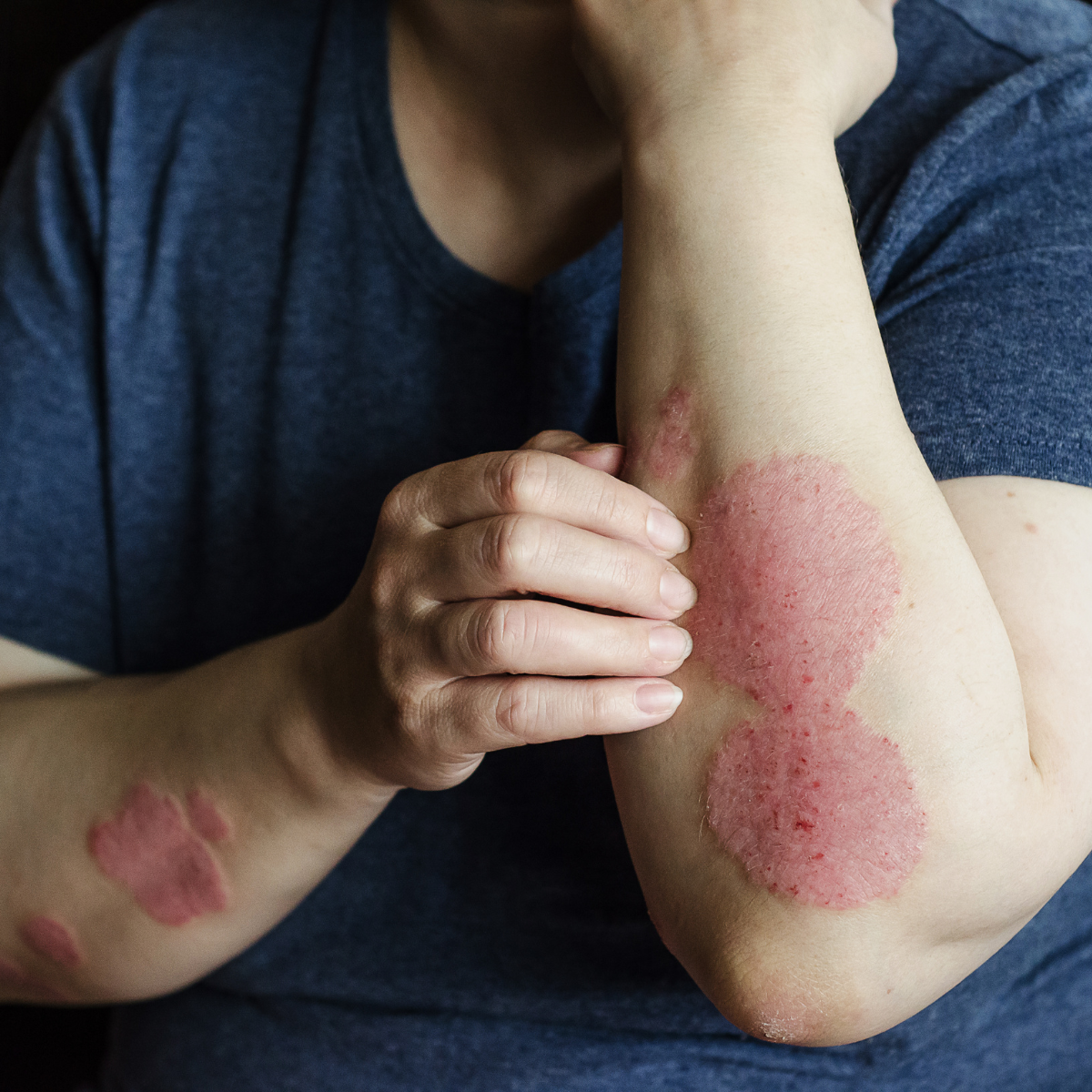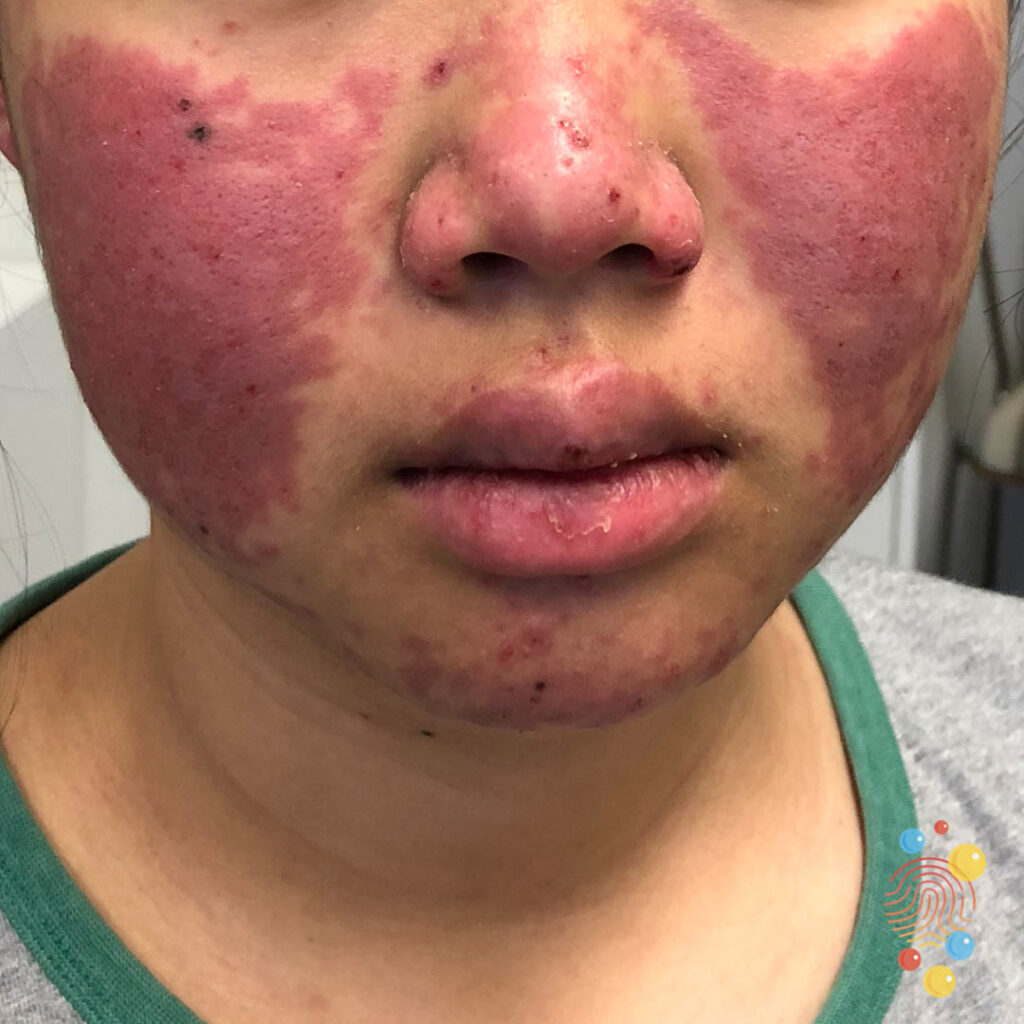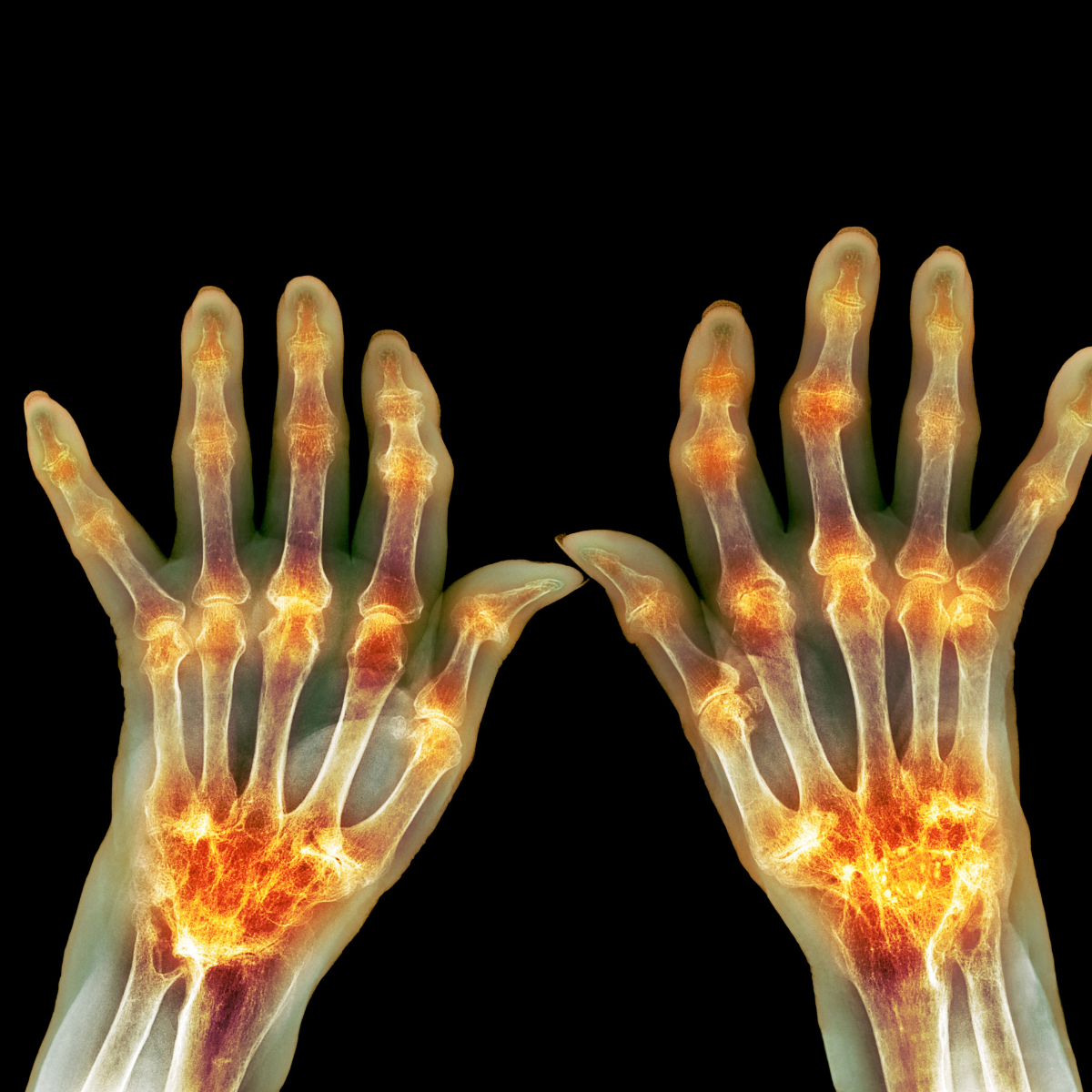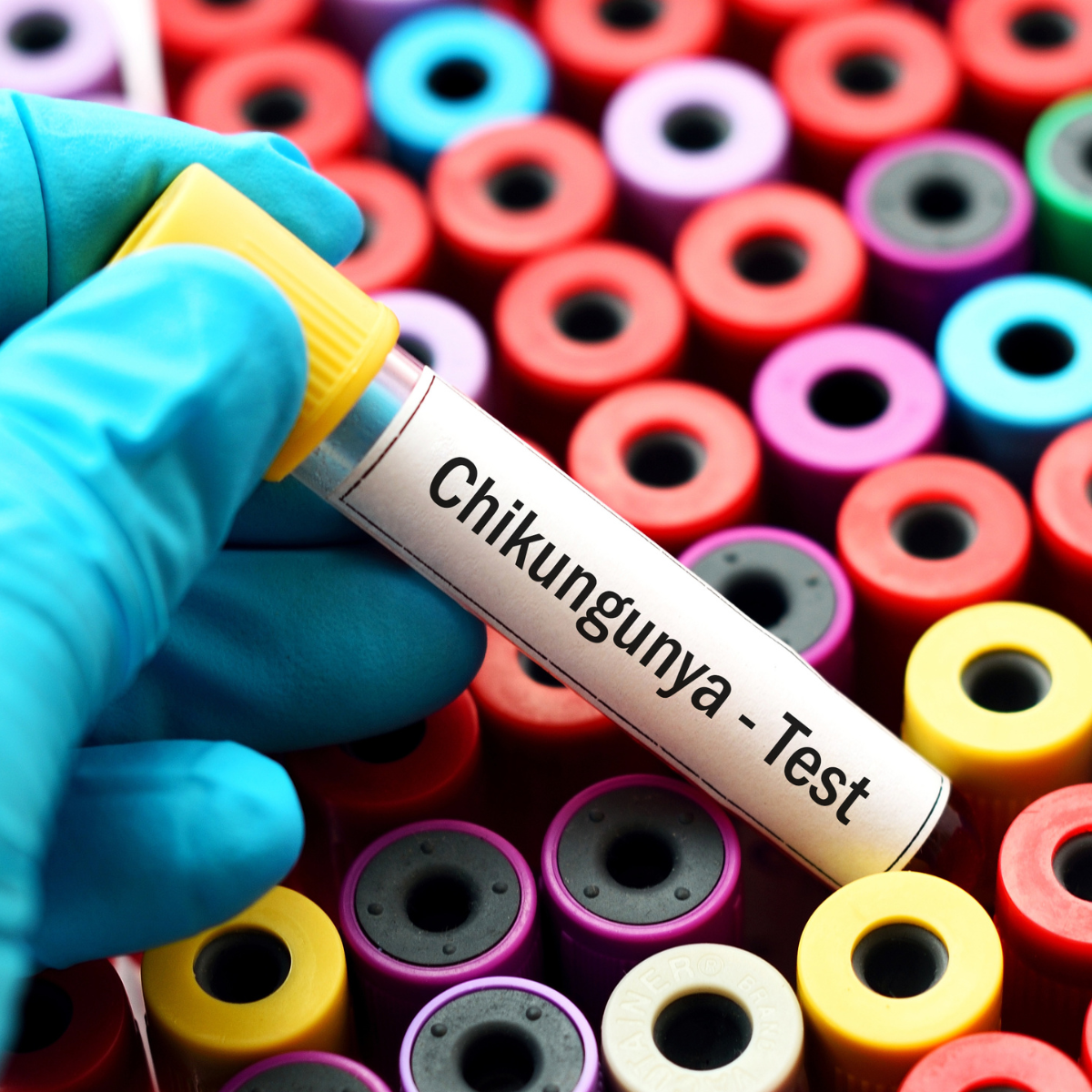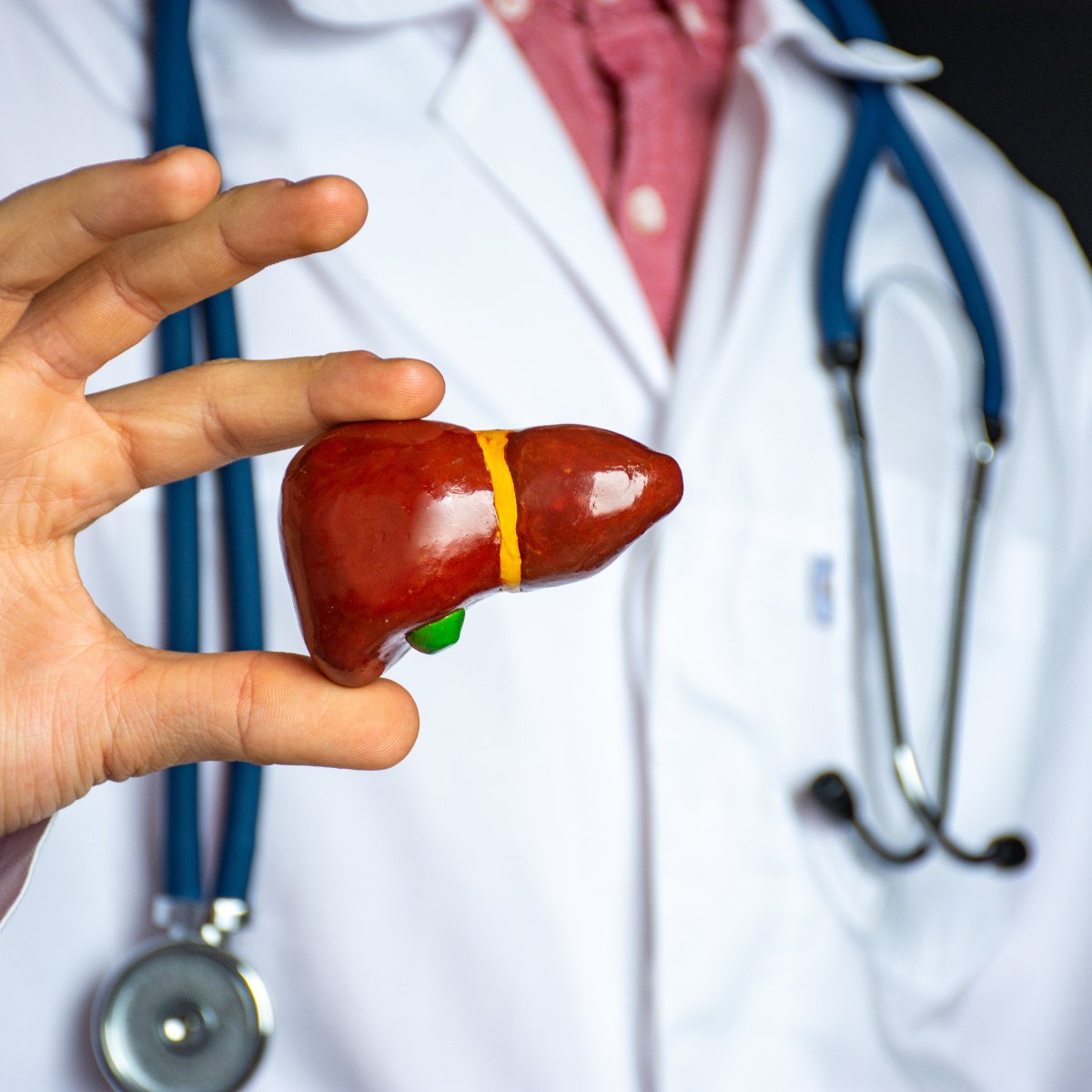
Fatty Liver Disease
🧠 What Is NAFLD & What Happens Inside the Body?
NAFLD occurs when excess fat accumulates in the liver of individuals who consume little to no alcohol. Dr. Umesh usually likens the liver to a diligent housekeeper, responsible for detoxifying the body, aiding digestion, and storing energy. When overwhelmed by unhealthy dietary habits and lifestyle choices, the liver starts storing fat, leading to inflammation and scarring over time.
🧬 Disease Progression:
-
Grade 1 (Simple Steatosis): Fat begins to accumulate in liver cells.
-
Grade 2 (Non-Alcoholic Steatohepatitis - NASH): Inflammation and liver cell damage occur.
-
Grade 3 (Fibrosis/Cirrhosis): Scar tissue forms, impairing liver function.
🔍 Common Root Causes:
-
Excessive intake of refined sugars and processed foods
-
Sedentary lifestyle
-
Obesity and insulin resistance
-
High consumption of fructose-rich foods and beverages
-
Smoking and certain medications
📊 Prevalence:
NAFLD is increasingly common, affecting approximately 38.6% of adults in India.
🚨 Signs & Symptoms
Many individuals with NAFLD may not exhibit noticeable symptoms initially. However, as the disease progresses, the following signs may appear:(Persistent fatigue
-
Discomfort or pain in the upper right abdomen
-
Unexplained weight loss
-
Weakness
-
Yellowing of the skin and eyes (jaundice)
-
Swelling in the abdomen and legs
-
Itchy skin
Note: Symptoms can vary among individuals and may not always be present.
🥗 Nutritional Approach to Management
Dr. Umesh emphasizes that while the liver has a remarkable ability to heal, it requires the right support through nutrition and lifestyle changes.
🧂 Core Dietary Focus:
-
Anti-inflammatory Foods: Incorporate leafy greens, berries, and fatty fish to reduce inflammation.
-
High-Fiber Foods: Whole grains, legumes, and vegetables aid digestion and support liver health.
-
Low Glycemic Index (GI) Foods: Opt for foods that stabilize blood sugar levels, such as oats and quinoa.
✅ Foods to Include:
-
Fresh fruits and vegetables
-
Whole grains like brown rice and barley
-
Lean proteins such as tofu, legumes, and fish
-
Healthy fats from nuts, seeds, and olive oil
⚠️ Foods to Limit (Not Eliminate):
-
Sugary beverages and snacks
-
Processed and fried foods
-
Red and processed meats
-
Excessive fructose intake
Remember, moderation is key. It's about creating a balanced diet rather than strict restrictions.
💊 Key Nutrients to Focus On
Certain nutrient deficiencies can exacerbate NAFLD. Ensuring adequate intake of the following is beneficial:
-
Vitamin D: Supports immune function and may reduce liver inflammation.
-
Vitamin B12: Essential for energy metabolism and nerve health.
-
Omega-3 Fatty Acids: Help reduce liver fat and inflammation.
-
Magnesium: Plays a role in glucose metabolism and may improve insulin sensitivity.
-
Zinc: Supports liver function and antioxidant defenses
Consult a healthcare professional before starting any supplementation.
🧘 Lifestyle Recommendations
Lifestyle modifications are pivotal in managing and potentially reversing NAFLD.
🏃 Movement:
-
Engage in regular physical activity, such as brisk walking or cycling, for at least 150 minutes per week.
-
Incorporate strength training exercises to improve muscle mass and metabolism.
😴 Sleep Hygiene:
-
Aim for 7-9 hours of quality sleep each night.
-
Establish a consistent sleep schedule and create a restful environment.
🧘 Stress Management:
-
Practice relaxation techniques like meditation, deep breathing, or yoga.
-
Engage in hobbies and activities that bring joy and reduce stress.
📈 Monitoring & Tracking
Regular monitoring helps assess the effectiveness of interventions and detect any progression.
🩺 Relevant Lab Markers:
-
Liver Enzymes: ALT and AST levels indicate liver inflammation.
-
HbA1c: Reflects average blood glucose levels over the past 2-3 months.
-
Lipid Profile: Assesses cholesterol and triglyceride levelss
-
Ultrasound: Imaging to detect fat accumulation in the liver.
📓 Body Signals to Monitor:
-
Energy levels
-
Digestive comfort
-
Sleep quality
-
Mood and mental clarity
Keeping a food and symptom journal can help identify patterns and triggers.
📞 Take the Next Step
If you're concerned about your liver health or have been diagnosed with NAFLD, consider scheduling a consultation with Dr. Umesh Wadhawani and his team.
What to Expect from the Consultation:
-
Personalized assessment of your health status
-
Tailored dietary and lifestyle recommendations
-
Support and guidance on implementing changes
-
Ongoing monitoring and adjustments as needed
📅Click here to Book your free 30-minute consultation
🎥 Learn More
For a deeper understanding, watch Dr. Umesh Wadhawani’s detailed explanation on NAFLD: Watch here








